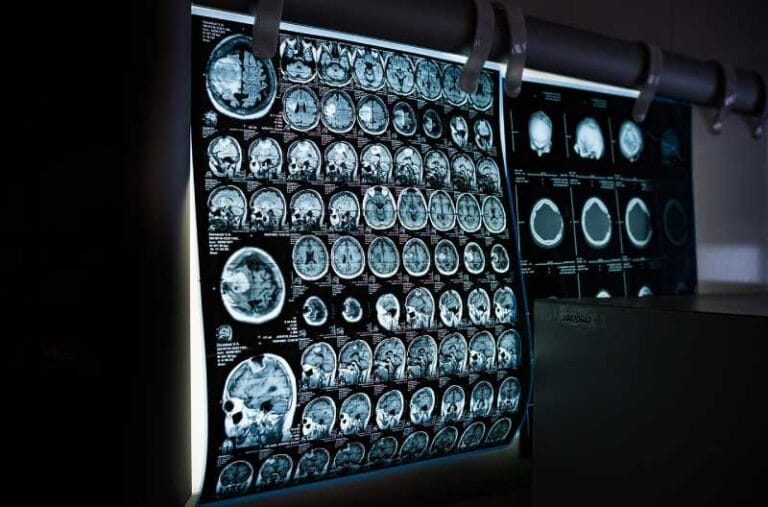OpenAI and its tool for detecting DALL-E 3 images

The authentication of images generated by artificial intelligence (AI) has become a growing concern in today’s fast-paced technological development. OpenAI, a leading AI company backed by Microsoft, has taken a significant step in this direction by announcing the launch of a new tool designed to detect whether digital images have been created by AI.
The announcement, made on Tuesday, highlights the importance of tackling the challenge of deepfakes, which have the potential to cause significant disruption in society. With authorities and experts increasingly concerned about the spread of these fakes, the need for reliable authentication methods has become pressing.
OpenAI’s image detection classifier, currently in the testing phase, represents a response to this urgent need. The tool is able to assess the likelihood of a digital image having been generated by one of the company’s generative AI models, such as the popular DALL-E 3. Internal test results showed impressive accuracy, with the tool detecting around 98% of images coming from DALL-E 3, while incorrectly flagging less than 0.5% of images without AI.
However, the company warned that modified images from AI models were more difficult to identify, with the tool currently only flagging a small proportion of images generated by other AI models. This recognition of current limitations highlights the ongoing need for improvement and development of detection tools.
In addition to the development of the detection tool, OpenAI is also taking additional steps to ensure the authenticity and provenance of AI images. The company has announced that it will begin adding watermarks to the metadata of AI images as more companies adhere to the standards set by the Coalition for Content Provenance and Authenticity (C2PA). This initiative, led by the technology sector, seeks to establish a technical standard for determining the authenticity of digital content, offering a systemic approach to dealing with the problem of deep fakes.
The joining of leading technology companies such as Meta (formerly known as Facebook) and Google to the C2PA initiative is a positive step in the right direction. Their commitment to labeling AI-generated media and adopting authentication standards reinforces the importance of combating the spread of misinformation and fakes.
The growing concern about the impact of deep fakes is evidenced by recent events, such as the viralization of fake videos during the general elections in India. The potential for manipulation of AI-generated content in elections and other political contexts is a global concern, requiring a coordinated and comprehensive response.
In an effort to promote the responsible use of AI and support education on the topic, OpenAI and Microsoft recently announced a $2 million “social resilience” fund. This fund aims to encourage ethical and responsible practices in the development and use of AI, recognizing the importance of addressing not only the technical aspects, but also the social and ethical implications of this rapidly evolving technology.
The launch of OpenAI’s image detection tool and associated initiatives highlight the urgent need to address emerging challenges related to the authentication of AI-generated content. As the technology continues to advance, it is crucial that efforts to ensure the authenticity and integrity of digital content keep pace with this progress, thereby protecting society from the potential negative impacts of deep fakes and misinformation.






